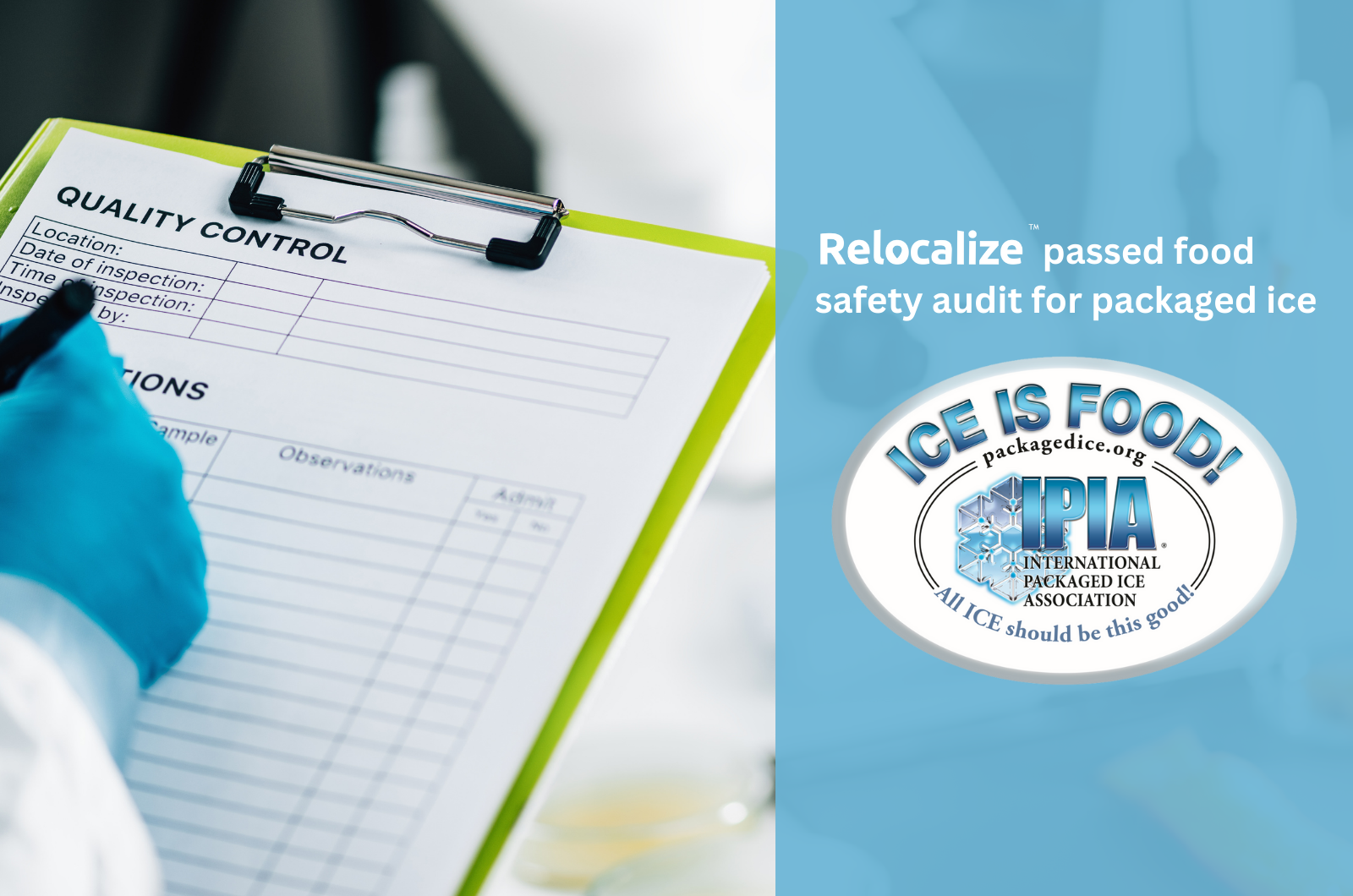One of the absolute best ways to learn about a member of your team is to read their favorite books. Especially business books, which often underpin the ideas and values that people bring to the office (home or otherwise). That’s why my co-founders and I traded book recommendations within a month of founding Relocalize.
Our goal was to gel quickly as a team, identify shared goals and values, and enhance our ability to communicate.
You can’t build a reputation on what you are going to do. — Henry Ford
Ideas and frameworks from books permeate work cultures, but can also be barriers between people coming from different environments and life experiences.
For example, concepts such as “minimum viable product”, “iterative design over big up-front design” and “pivoting” permeate the tech world, but are meaningless jargon for many on the outside. Such jargon is actually a communication barrier between these “insiders” and “outsiders” (often viewed as technical snobbery by latter).
For those in the manufacturing world, a comparable framework is that of the BPR, or “business plan review.” Show up at any aerospace or automotive company in the world, and ignorance of the role of the BPR will expose you as the outsider that you are.
To build the common language of Relocalize, I gave my partners “The Lean Startup” and I was handed “American Icon: Alan Mulally and the Fight to Save Ford Motor Company”. So, I guess you could say that this is my first book report in about 30 years. Let the learning begin!
Failure is only the opportunity more intelligently to begin again. — Henry Ford
So, what did I learn from Ford? Quite a bit in fact. American Icon was part biography of Alan Mulally (a rare leader who managed to save two iconic American companies, Boeing and Ford, from almost certain demise) and part leadership lessons learned. I personally enjoyed both the story and the lessons, even though they were not clearly bulleted out like most other books in the business press.
Here are the 3 biggest lessons for startups from the book:
1. People First: Alan Mulally truly believed that the people of Ford had the capacity to turn the company around if given the chance. He didn’t just say the words, but lead by example with humility and empowered those who would save Ford, even though it required breaking formerly unbreakable traditions, un-written rules and power structures. He knew that his people would come up with the answers if given the right conditions and space to execute. Too many businesses become cults of personality and fall prey to the lure of the visionary leader who provides all the answers.
2. Have A Compelling Vision and Clear Priorities. You may have a clear idea of your startup’s priorities and plans. But does your team? Do your key suppliers? Your customers? When the broader team isn’t clear on where they’re going, why, and how they will get there, it’s next to impossible to get everyone pulling in the same direction. And having priorities means saying “no” when activities risk de-focusing your business. This sounds simple, but it's often the hardest part of executing against a strategy; everyone must know what is not a priority.
3. Embrace Openness, Honesty and Information Sharing. The key to saving Ford from itself was culture change focused on openness and honesty. To achieve this, Mulally implemented the now-famous (in some settings) Business Plan Review (BPR) meetings where all senior leaders were required to attended, succinctly present facts & data and openly discuss successes and, more importantly, failures. Non-leaders were routinely invited to these meeting to disseminate the unvarnished information presented and, more importantly, disseminate the new cultural norms and practices. It took time, but it was in the BPR where honesty first flourished at the company and allowed Ford's leaders to model the new behaviors required to succeed at Ford. In interviews, Mulally stated that these meetings set the stage for transparency and that “you can’t manage a secret”.
For me, American Icon describes the process of evolving Ford’s culture to one where vision is made reality by empowering people, honesty is rewarded, truth is based on data and sacred cows are routinely slaughtered. This is exactly the kind of culture we want at Relocalize, even if we are only 0.0015% the size of Ford.
The most important thing is to simultaneously deal with reality - really the way it is, not the way you wished it could be or you hoped it could be - but also have a vision about where you want to go — Alan Mulally
You can click on these links if you want to learn more about lean startups or the BPR.








